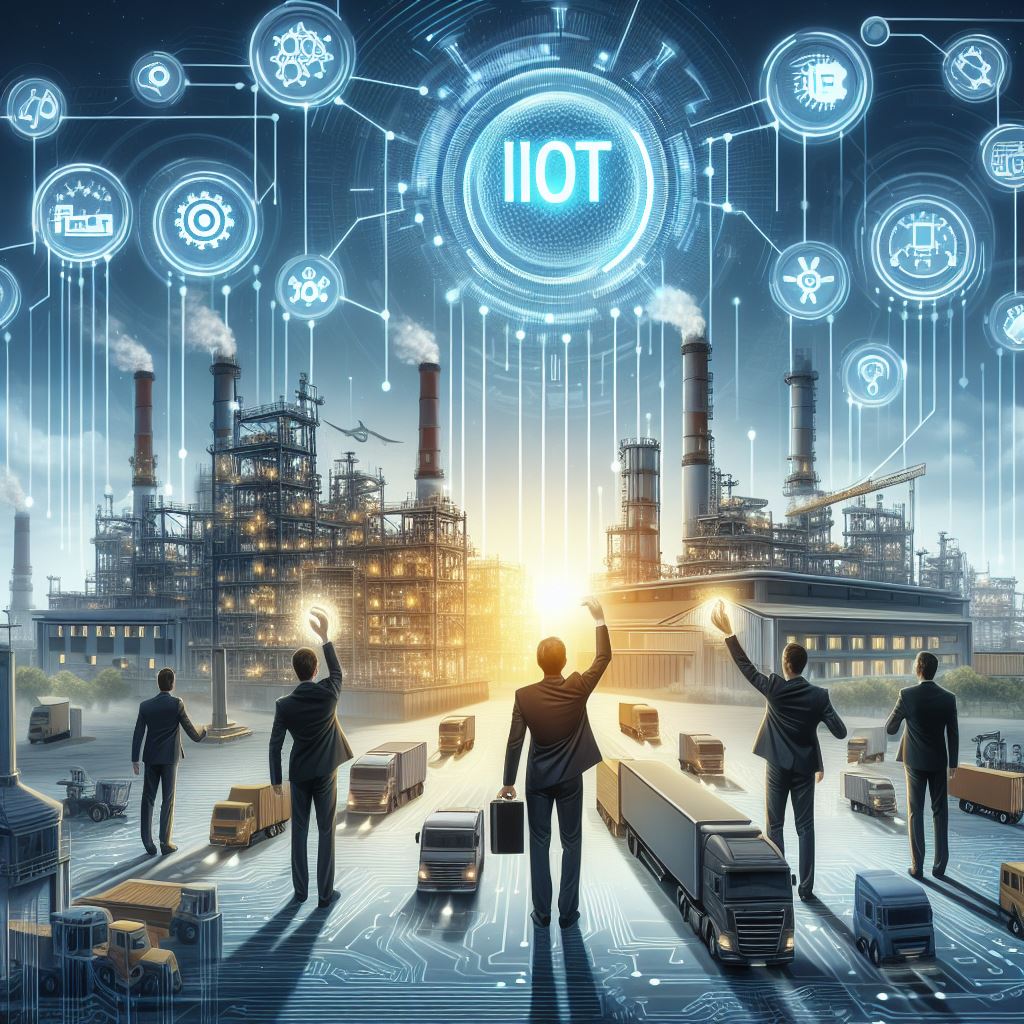Digital technology reshaped business models by bringing increased leverage to buyers. When it came to B2C models, customers armed with mobile devices, social media and ready access to the internet could research their needs, crowdsource opinions, compare solutions and make purchases whenever they felt. Dual factors of customer empowerment and economic urgency within the past decade spurred structural changes in B2C marketing and customer service aimed towards improving customer experiences and winning repeat business.
The same trends that drove changes in the consumer market are also reshaping B2B models. Last year, Forrester Research predicted changes to B2B marketing and sales that included an increased focus on account-based marketing, the consolidation of marketing tech vendors, and greater concentration among marketers on the customer lifecycle and individual customer contexts. The marketing automation industry has already seen notable acquisitions of marketing platforms, such as Oracle’s acquisition of Eloqua and Sales force’s acquisition of Pardot.
One major takeaway from the Forrester report is that b2b sales automation marketers will need to direct more talent and resources to appealing to the individual contexts of b2b sales automation buyers. Marketers and salespersons who successfully merge data and insights with specific use-cases of individual prospects will succeed more than those reliant on lead qualification criteria in the sales funnel. This adds a layer of complexity to the traditional sales funnel in which the roles of marketing and sales become increasingly blurred, with marketers becoming more involved in the after-purchase experience of customers.






